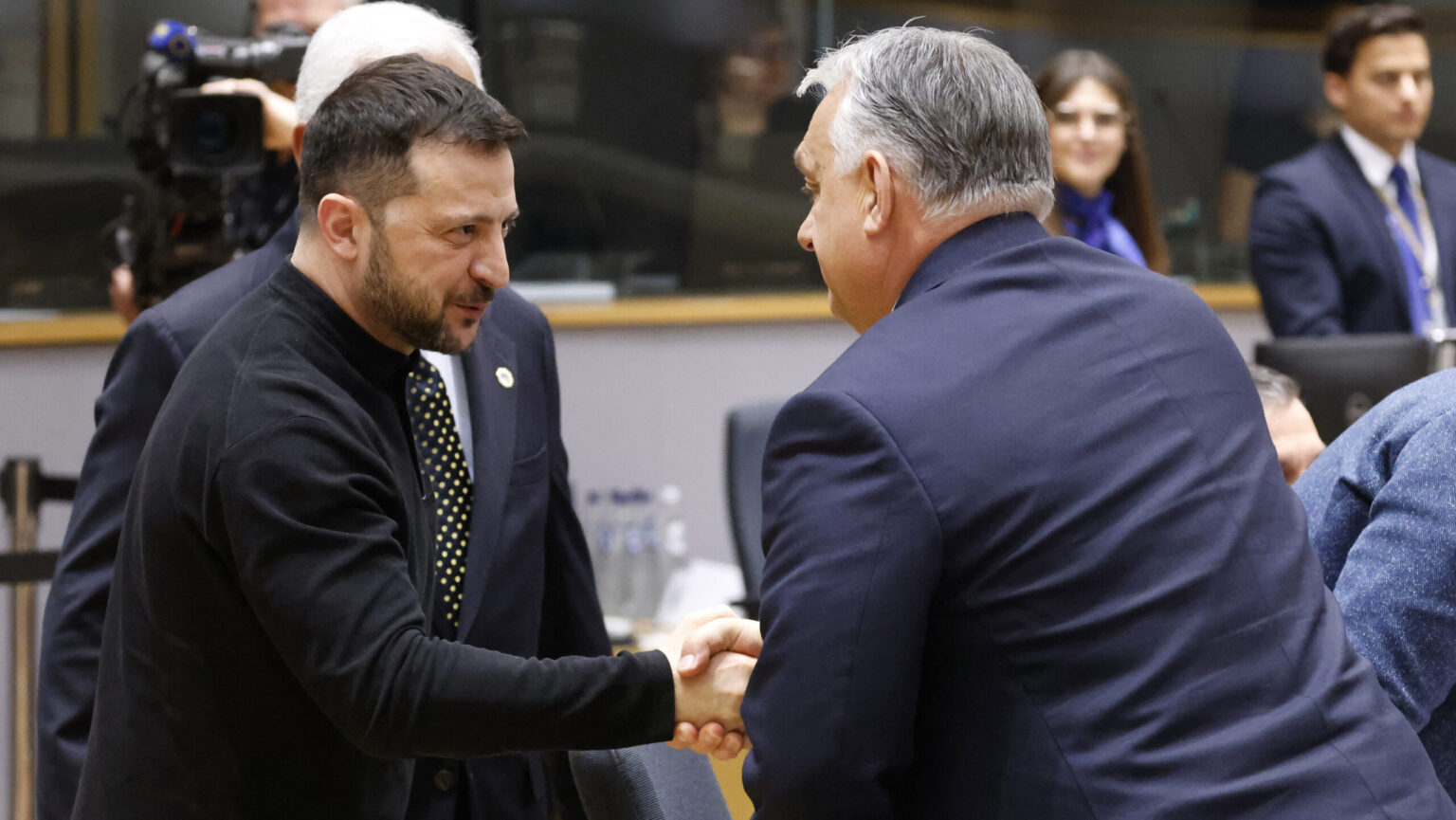
Ukrainian President Volodymyr Zelenskyy and Hungarian Prime Minister Viktor Orbán clashed during the annual NATO summit in The Hague over Ukraine’s bid to join the European Union. While Zelenskyy argued that it is unfair for a single member state to block Ukraine’s EU aspirations, Orbán responded that it is equally unfair to risk dragging the Union into a direct conflict with Russia.

Despite Hungary’s legal ban on Pride events, Dutch MPs have backed a motion calling on Cabinet members to attend the Budapest march next month, raising concerns over political interference and disregard for national sovereignty.
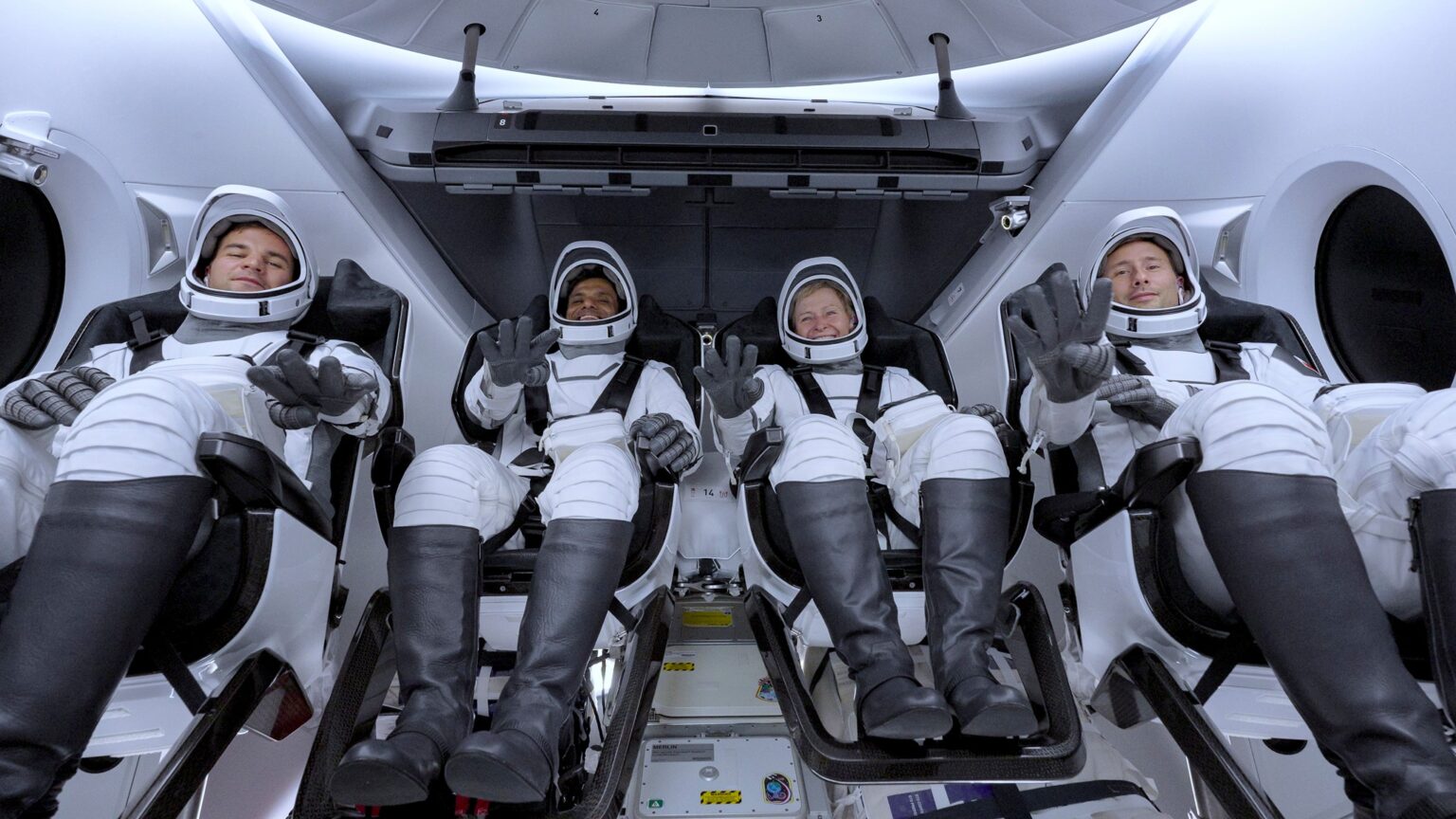
Research astronaut Tibor Kapu became the second Hungarian in space following the successful launch of the Axiom-4 space mission on Wednesday. Kapu will carry out 25 scientific experiments during the 14 days he and the three other crew members will spend aboard the International Space Station—marking a historic return for Hungary to space.
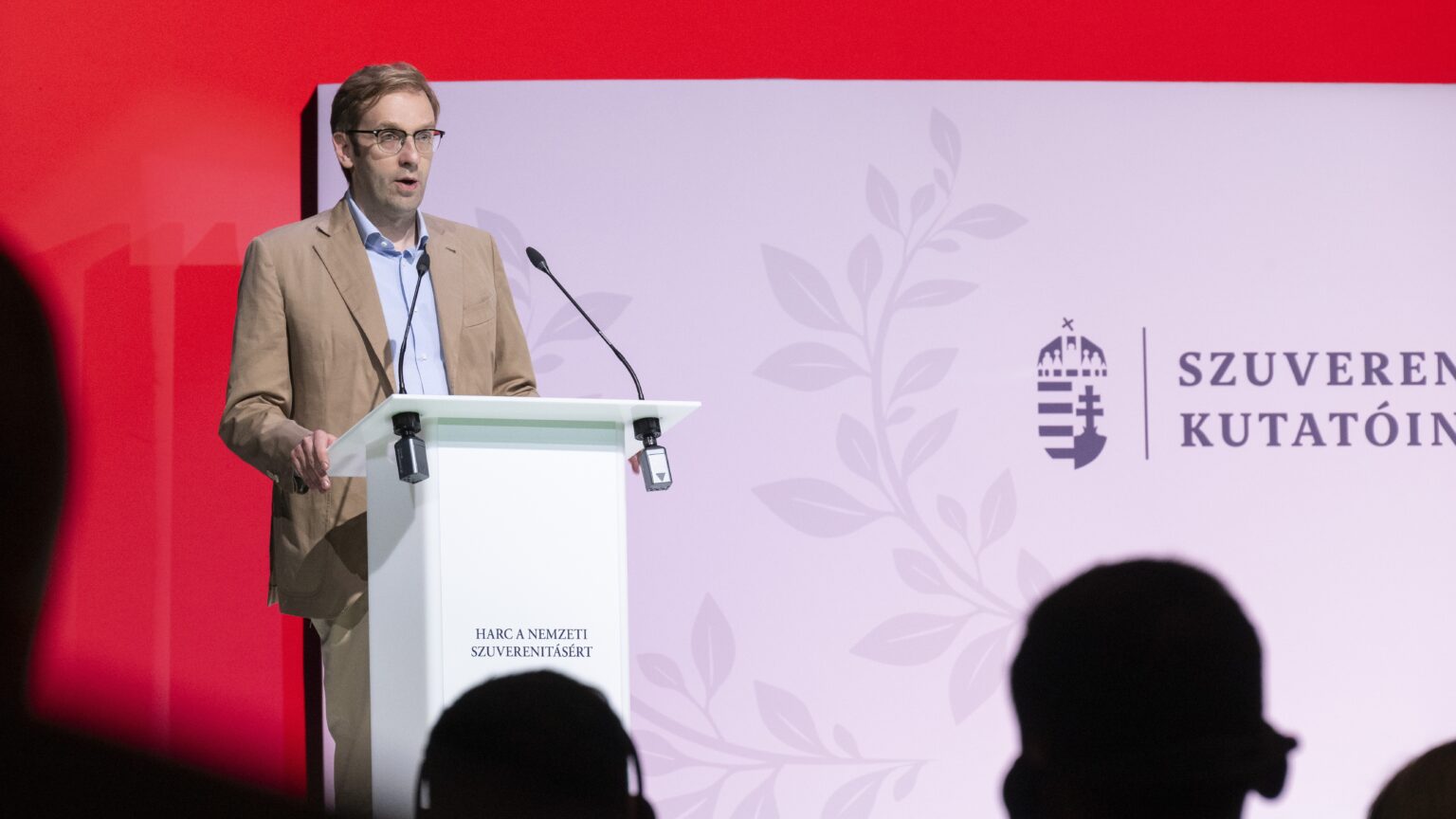
Foreign influence is increasingly threatening Hungary’s national sovereignty, experts warned at a Budapest conference. Massive foreign funding, political manipulation, and NGO activity were cited as tools used to reshape Hungarian politics from the outside.
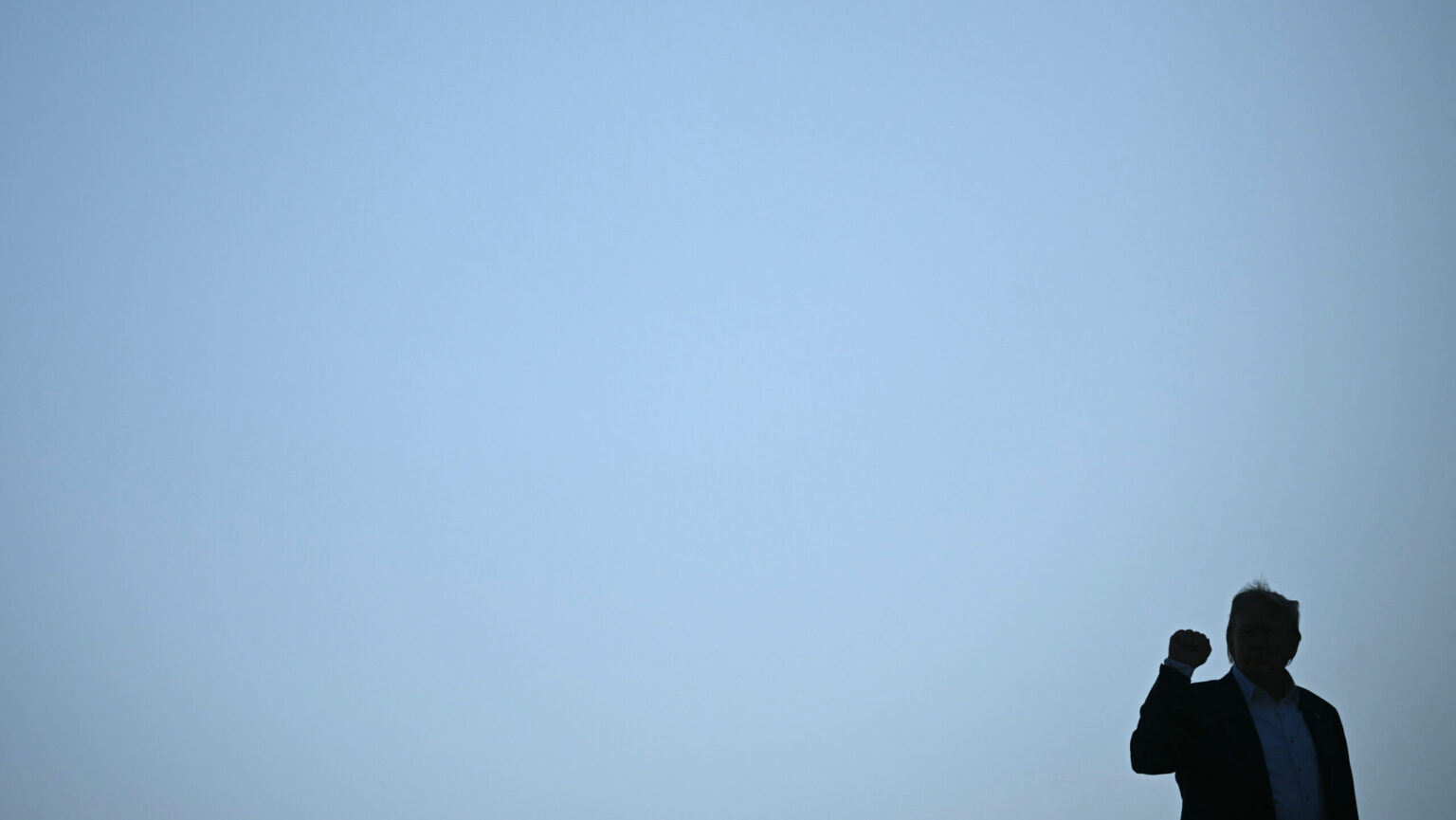
US President Donald Trump will return to the NATO table in just a few hours for the first time since 2019. The summit in The Hague is set to be far from routine for several reasons: member states are expected to approve a 5 per cent defence spending target by 2035. It will also mark the first summit since 2022 not centred on Ukraine, raising questions about Kyiv’s increasingly uncertain future.
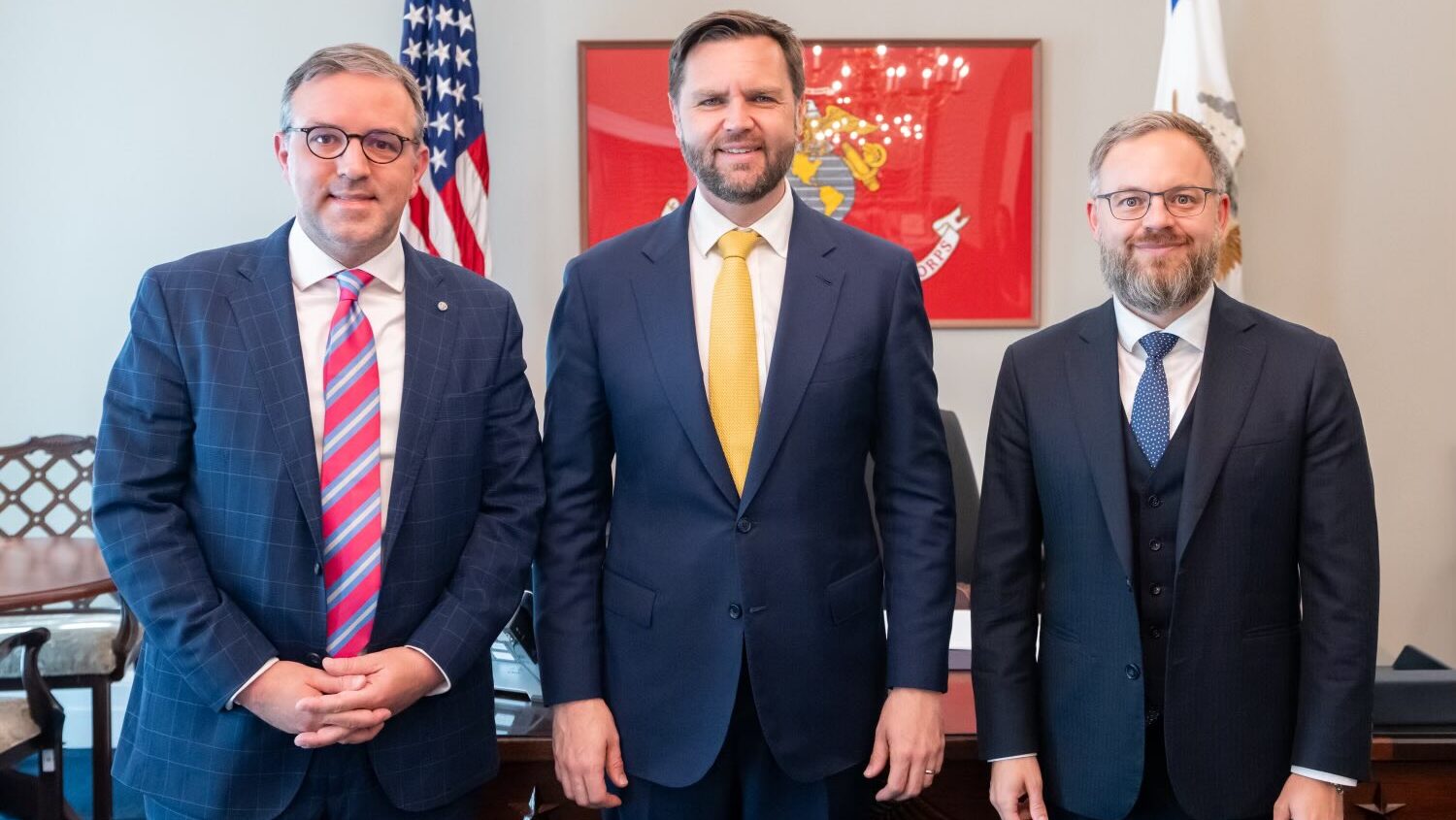
A series of high-level meetings between Hungarian and US government officials continues, as Balázs Orbán, Political Director of the Hungarian Prime Minister met with US Vice President JD Vance on Tuesday at the White House to discuss bilateral cooperation.

After last week’s big jump, crude oil prices have come down close to their pre-Iran attack levels after the conflict in the Middle East between Iran, Israel, and the United States started to cool down. In response, the major US stock index also rose.

President Donald Trump announced a full ceasefire agreement between Israel and Iran, bringing an end to what he called the 12-day war. The truce, reached with US mediation, is set to take effect Tuesday at midnight Washington time.
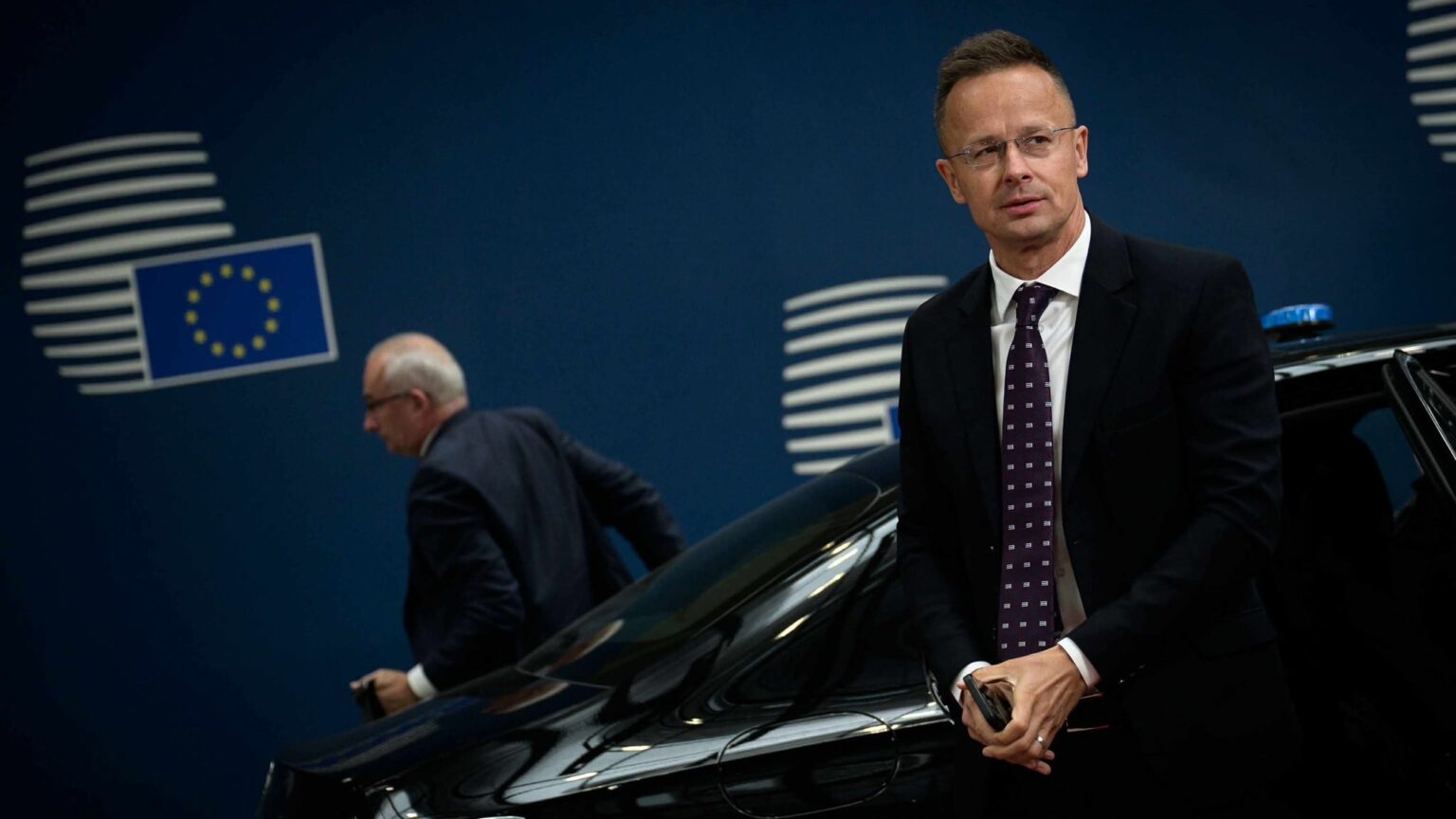
Hungary and Slovakia have blocked the EU’s latest sanctions package, opposing plans to ban Russian oil and gas imports. Foreign Minister Péter Szijjártó warned the move would devastate Hungary’s energy security and lead to soaring household costs.

Hungarian left-back Milos Kerkez is set to join Dominik Szoboszlai at Liverpool, as the current Premier League champions finalize a €46 million deal for the 21-year-old. With that, Kerkez becomes the second most valuable Hungarian footballer in history—after Szoboszlai, who joined Liverpool for €70 million in 2023.
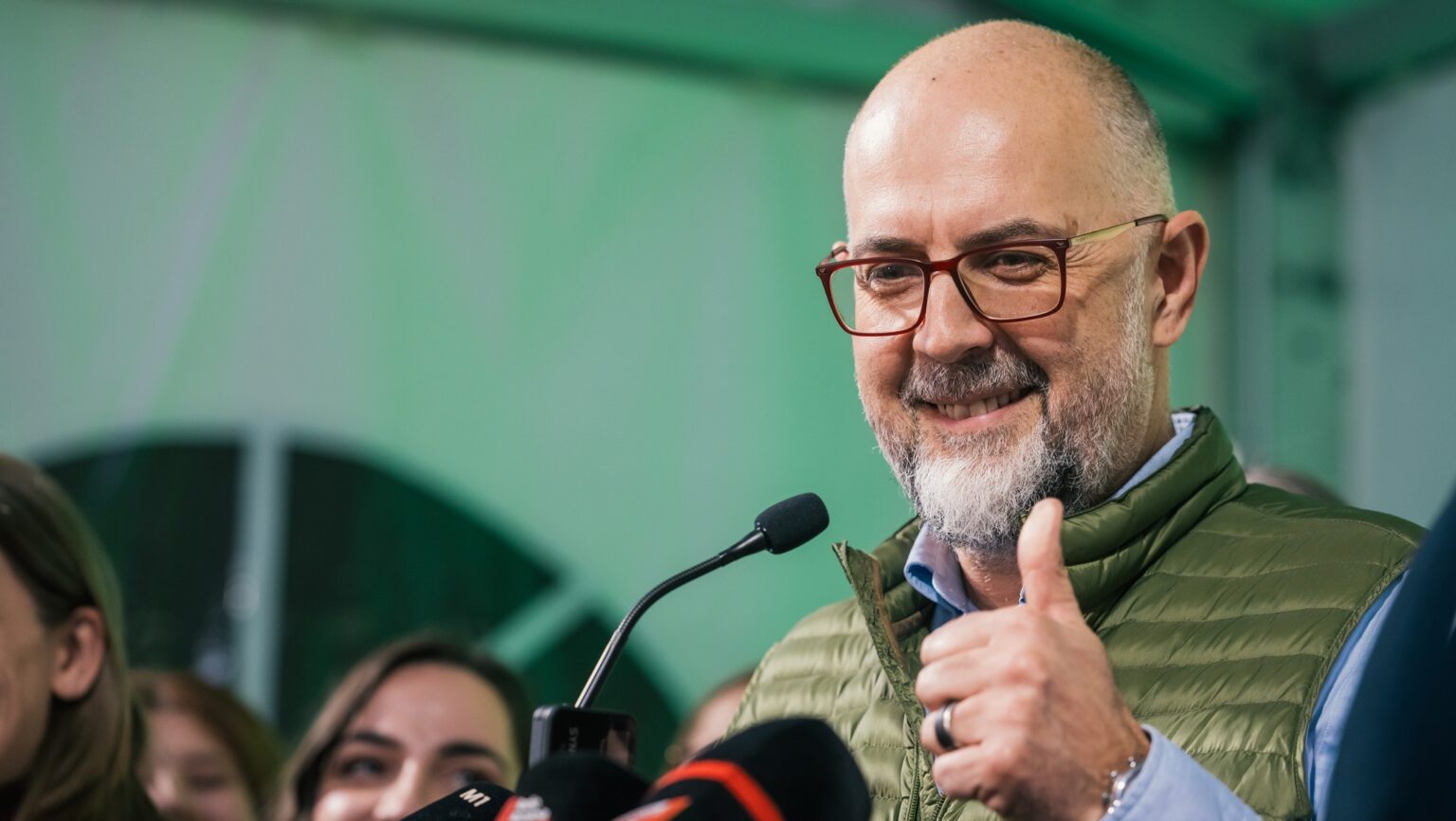
The Democratic Alliance of Hungarians in Romania (RMDSZ) will be part of the new four-party government, party leader Hunor Kelemen announced on Sunday. According to Kelemen, the Hungarian minority party will hold three ministerial posts in the coalition.
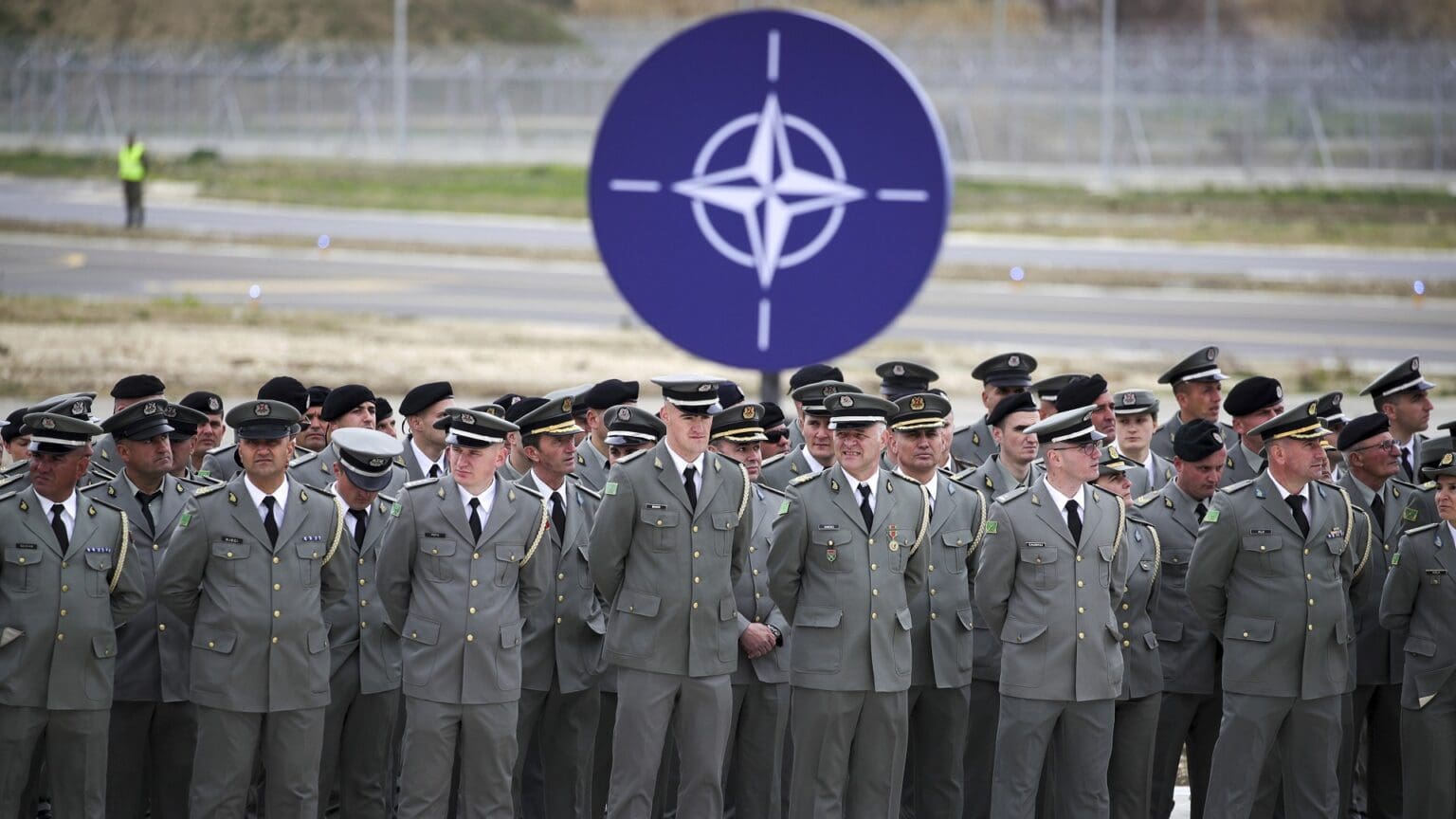
Hungarian military doctor Péter Vekszler has been appointed Chief Medical Officer at NATO’s SHAPE headquarters, one of the alliance’s highest medical positions. He will serve in the role for three years starting 21 June as a brigadier general.
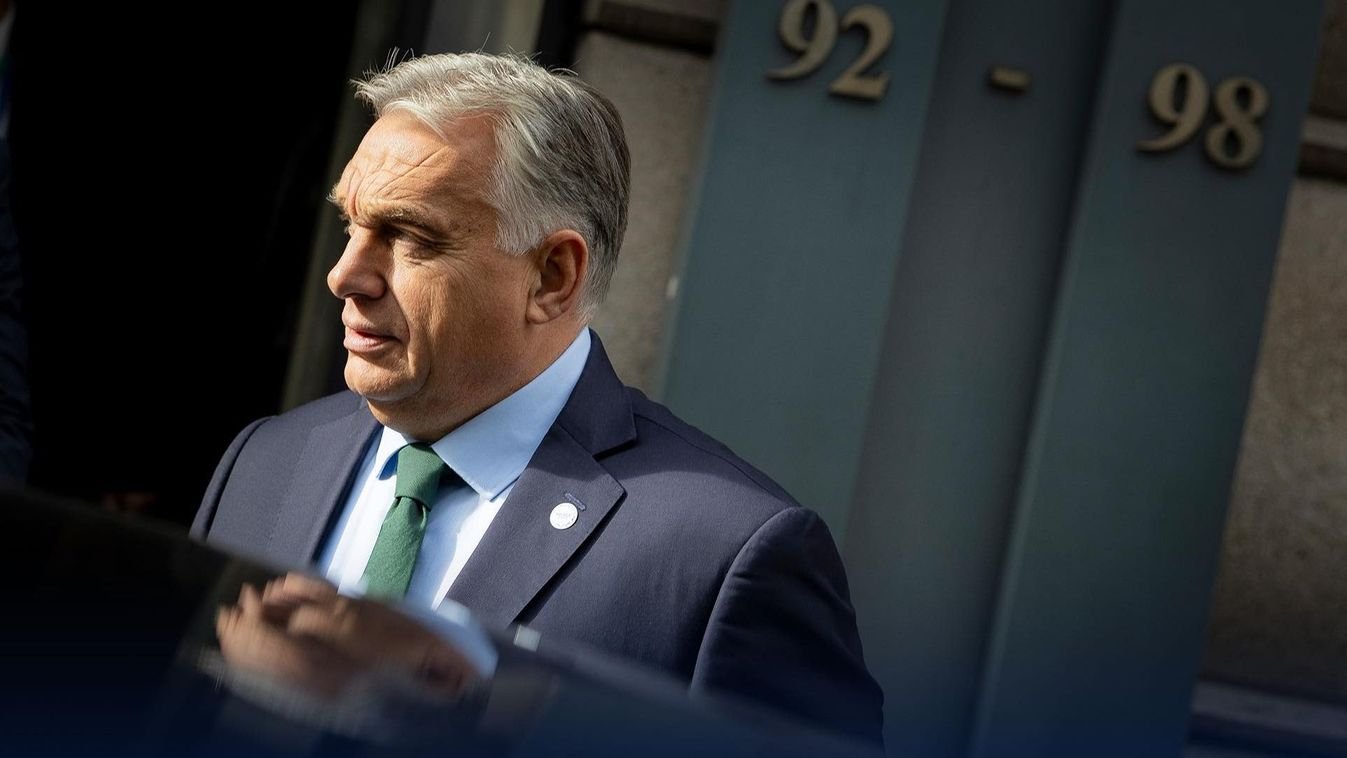
Prime Minister Viktor Orbán has pledged to take decisive action to safeguard Hungary’s peace and security in response to the US airstrikes on Iranian nuclear facilities, citing the growing terror threat, rising energy prices, and increasing migratory pressure facing Europe.
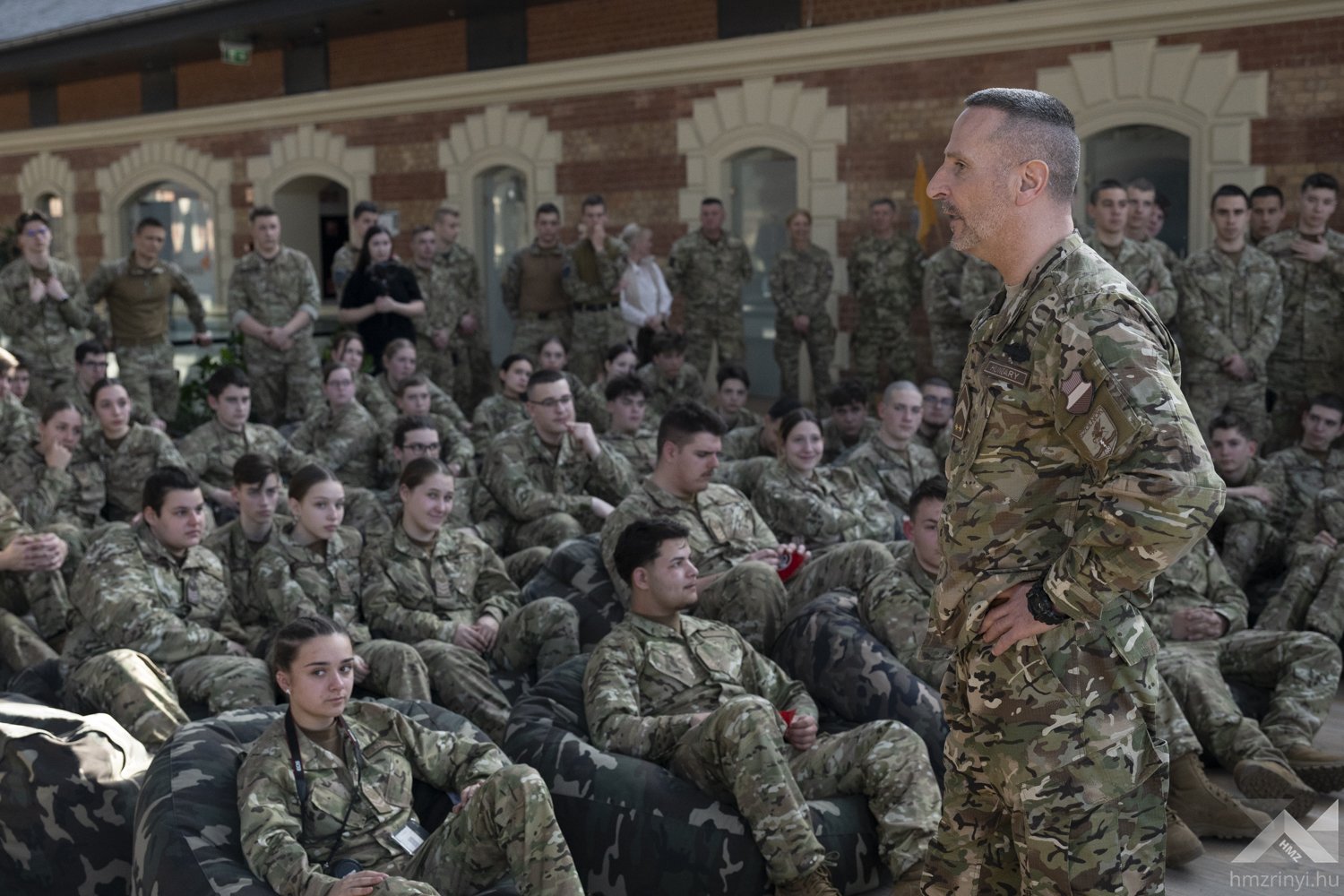
‘Hungary’s 25-year journey in NATO reflects a strategic synthesis of alliance loyalty and national sovereignty. Through the Zrínyi 2026 programme, Hungary has revitalized its defence industry, met NATO’s spending targets, and strengthened its role on the eastern flank.’
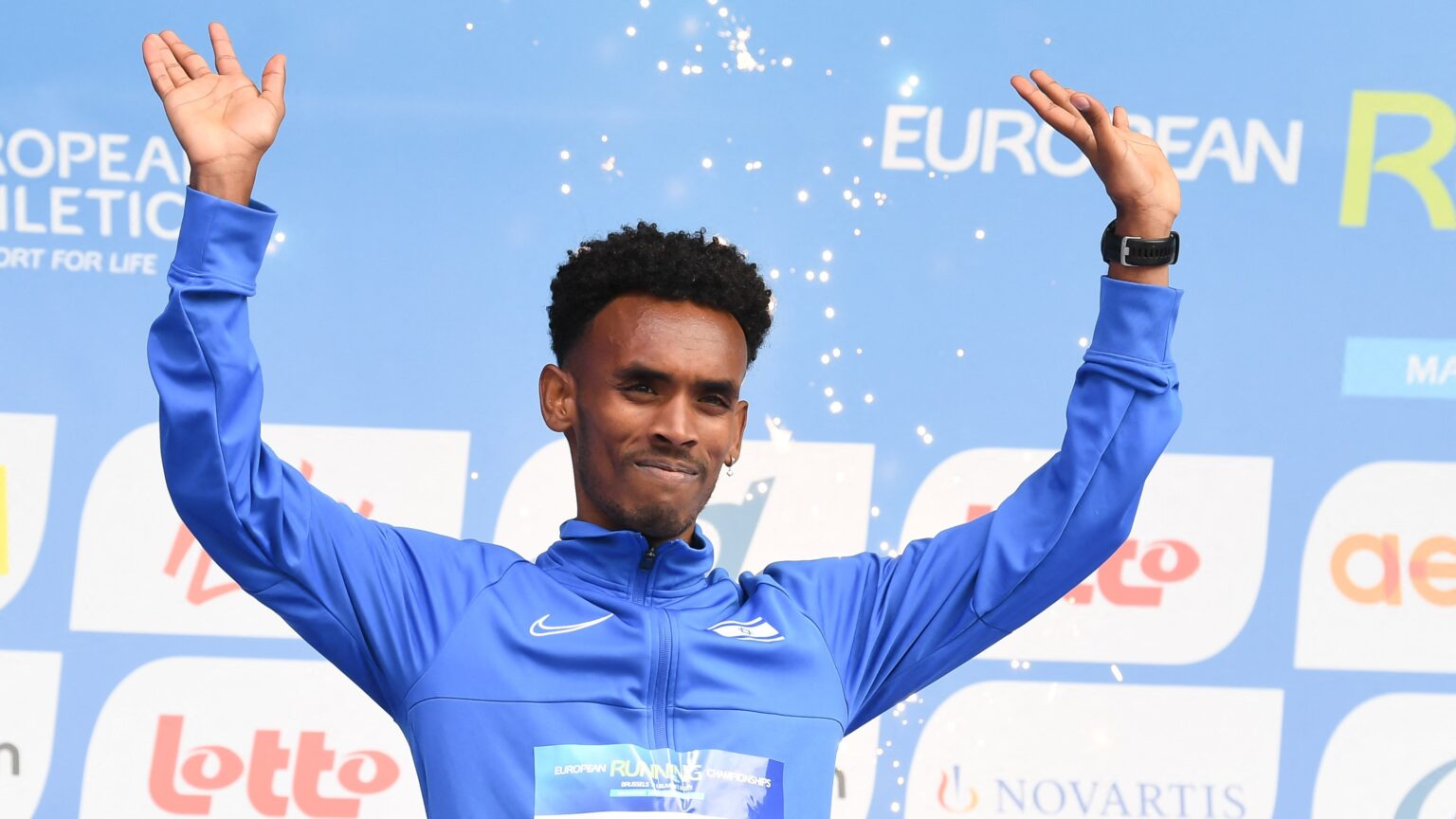
‘The Olympic Committee highlights that this arrangement has been carefully coordinated with various sports federations and includes collaborations with local clubs throughout Europe. This cooperative effort not only exemplifies excellent diplomatic relations but also a shared commitment to sports and cultural exchange.’

The 4iG Group and the Hungarian state-owned N7 Holding are jointly establishing Hungary’s first defence industry holding company with both state and private ownership. The new company is expected to boost competitiveness and increase defence exports.
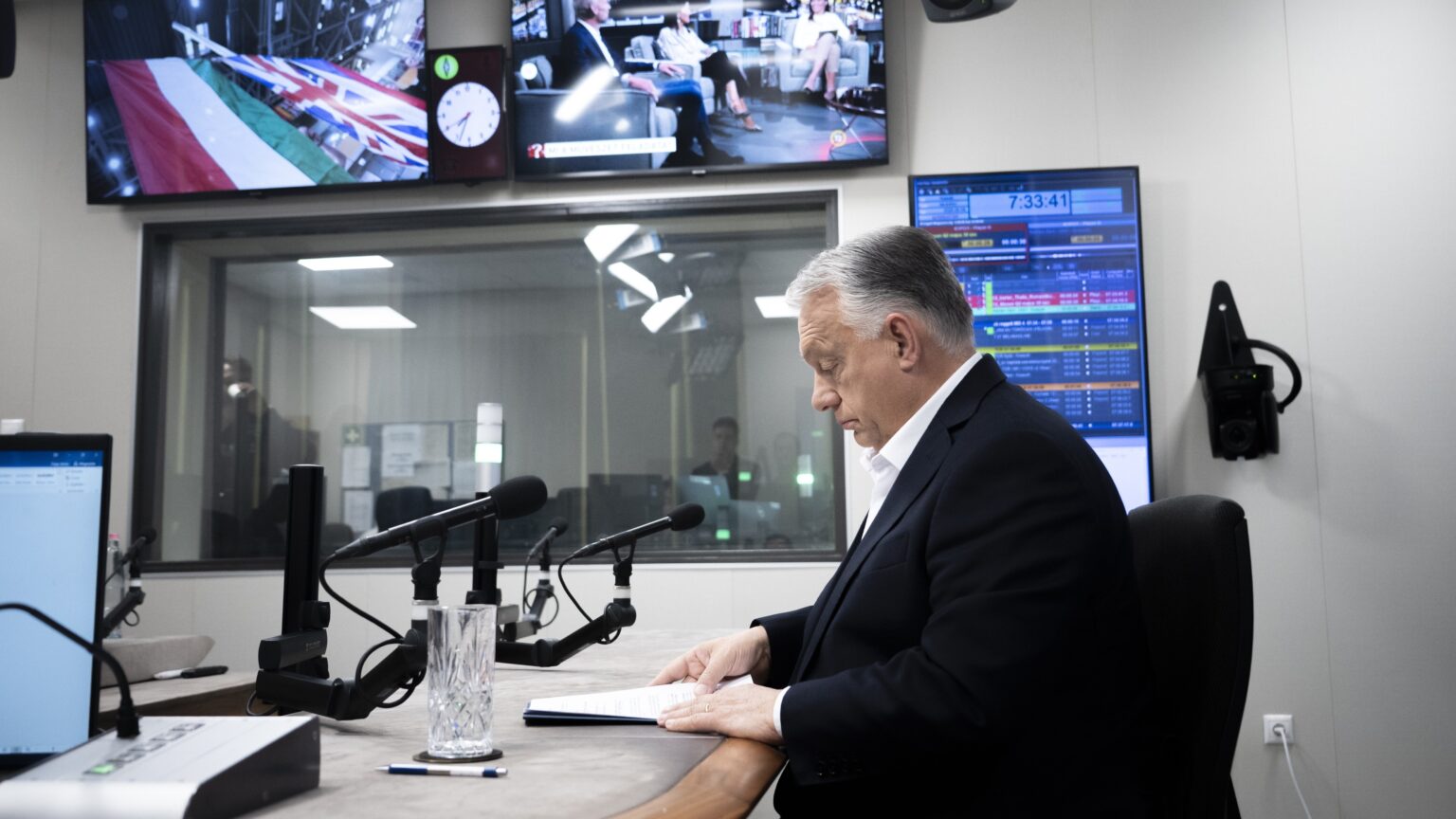
Prime Minister Viktor Orbán called on Hungarians to cast their vote in the Voks 2025 consultation on Ukraine’s EU membership, warning that rapid accession could endanger Hungary’s sovereignty, economy, and social protections.

Hungarian clubs now know their European opponents: Ferencváros will face either FC Noah (Armenia) or FK Budućnost Podgorica (Montenegro) in Champions League qualifying. In the Europa League, Paks will take on CFR Cluj (Romania), while Puskás Akadémia meet Aris Limassol (Cyprus), and Győr await Tre Fiori (San Marino) or Pyunik (Armenia) in the Conference League.
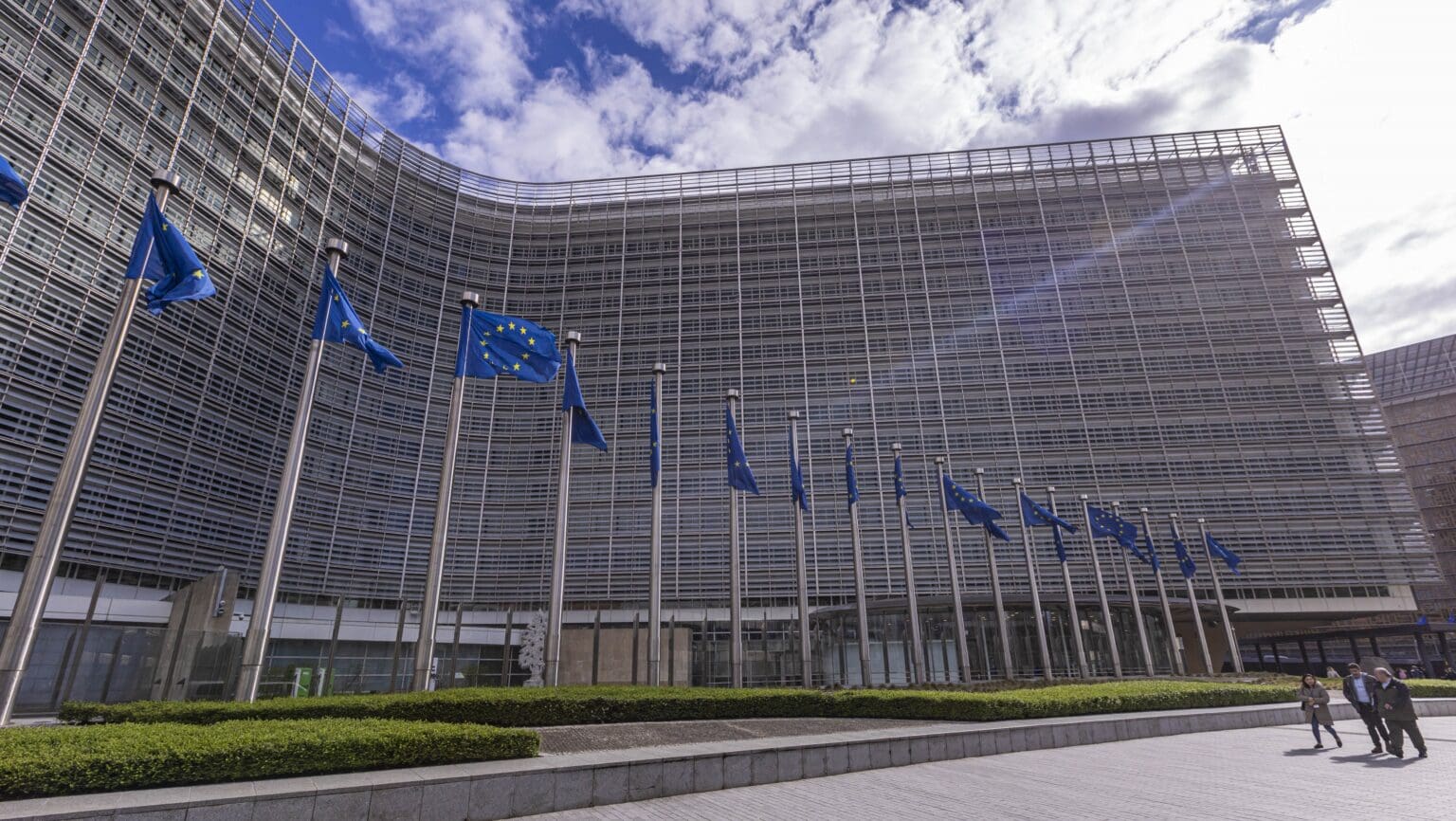
The European Commission’s latest country-specific recommendations have drawn strong criticism from the Center for Fundamental Rights, which claims Brussels is pushing Hungary to abandon popular domestic policies in favour of multinational and geopolitical interests.
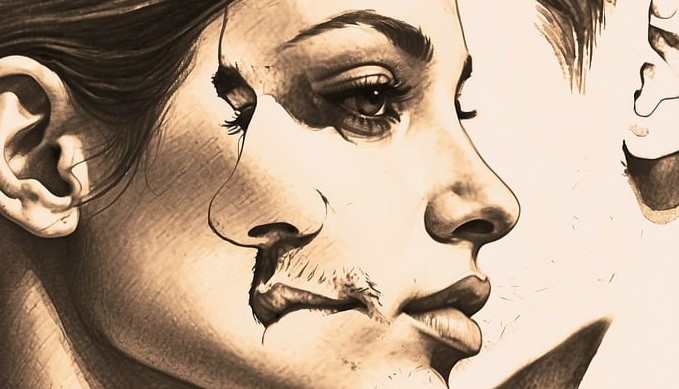
‘This ruling reveals a methodological shift in the reasoning of European judges. Typically, in sensitive social matters, the ECHR looks for a “European consensus”. If a consensus exists, national sovereignty is limited; if not, the ECHR allows states to legislate democratically.’
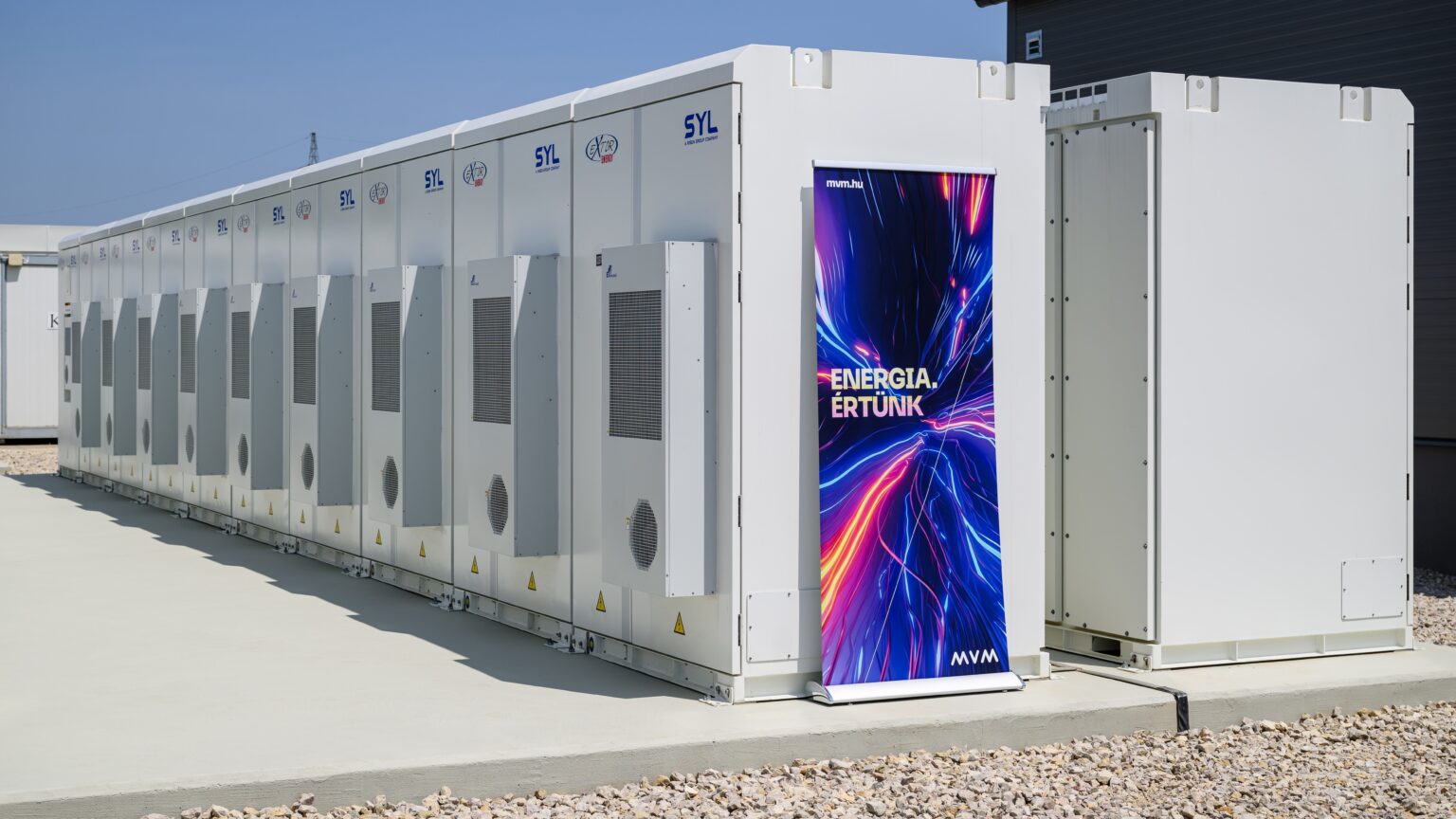
Hungary’s largest standalone battery energy storage system has been inaugurated in Százhalombatta. With a 40 MW output and 80 MWh capacity, the new unit by MET Group marks a key step in the country’s shift toward cleaner, more flexible energy solutions.
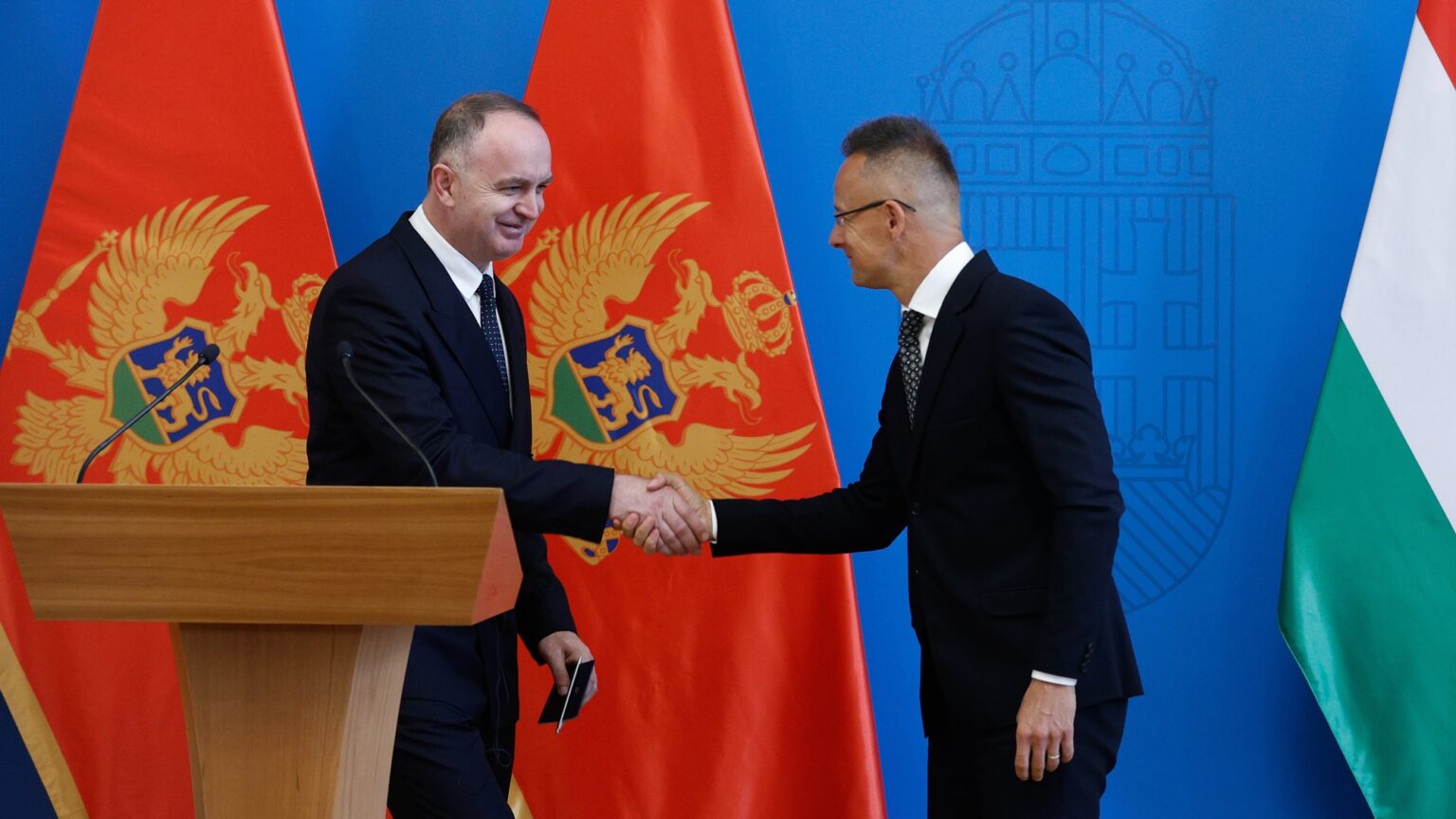
According to statements by Montenegro’s Ministry of Economic Development, Hungary and Montenegro are about to sign a comprehensive government-to-government infrastructure deal, under which a data centre will be built in the Balkan country.
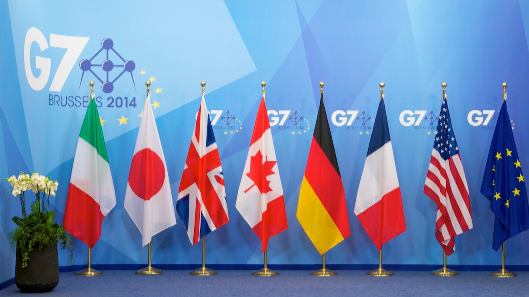
‘Overall, these meetings influence policies that can lead to more coherent and effective global economic cooperation. However, in light of the tensions listed above, it is unlikely that this was one of those meetings where significant policies were adopted.’
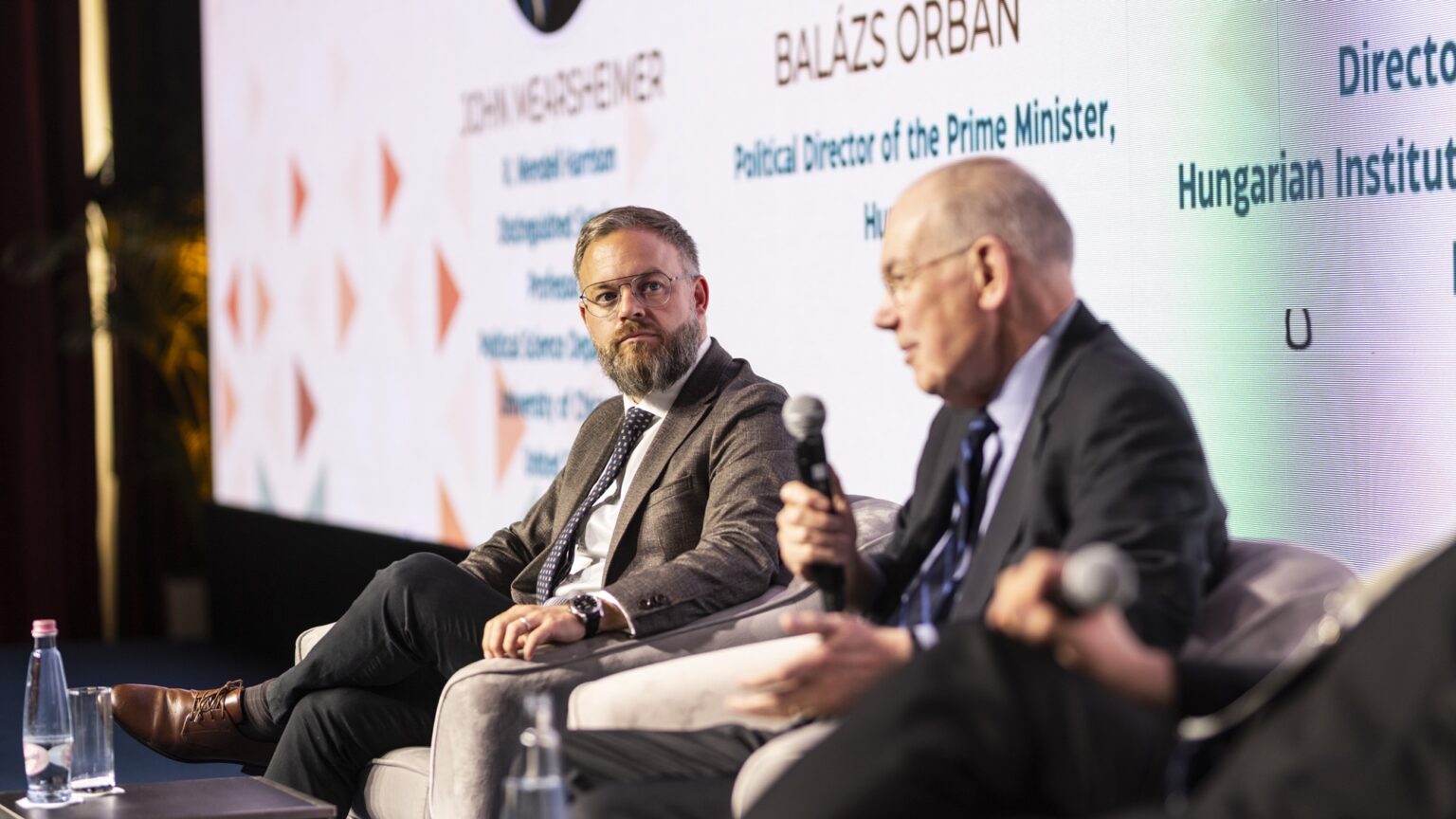
Political Director for the Prime Minister of Hungary Balázs Orbán and John Mearsheimer, political scientist and Distinguished Service Professor at the University of Chicago, got together for a fascinating panel discussion at the Budapest Global Dialogue 2025, where they talked about the possible outcomes of the Russo-Ukrainian war and the differences between realist and liberal foreign policy.
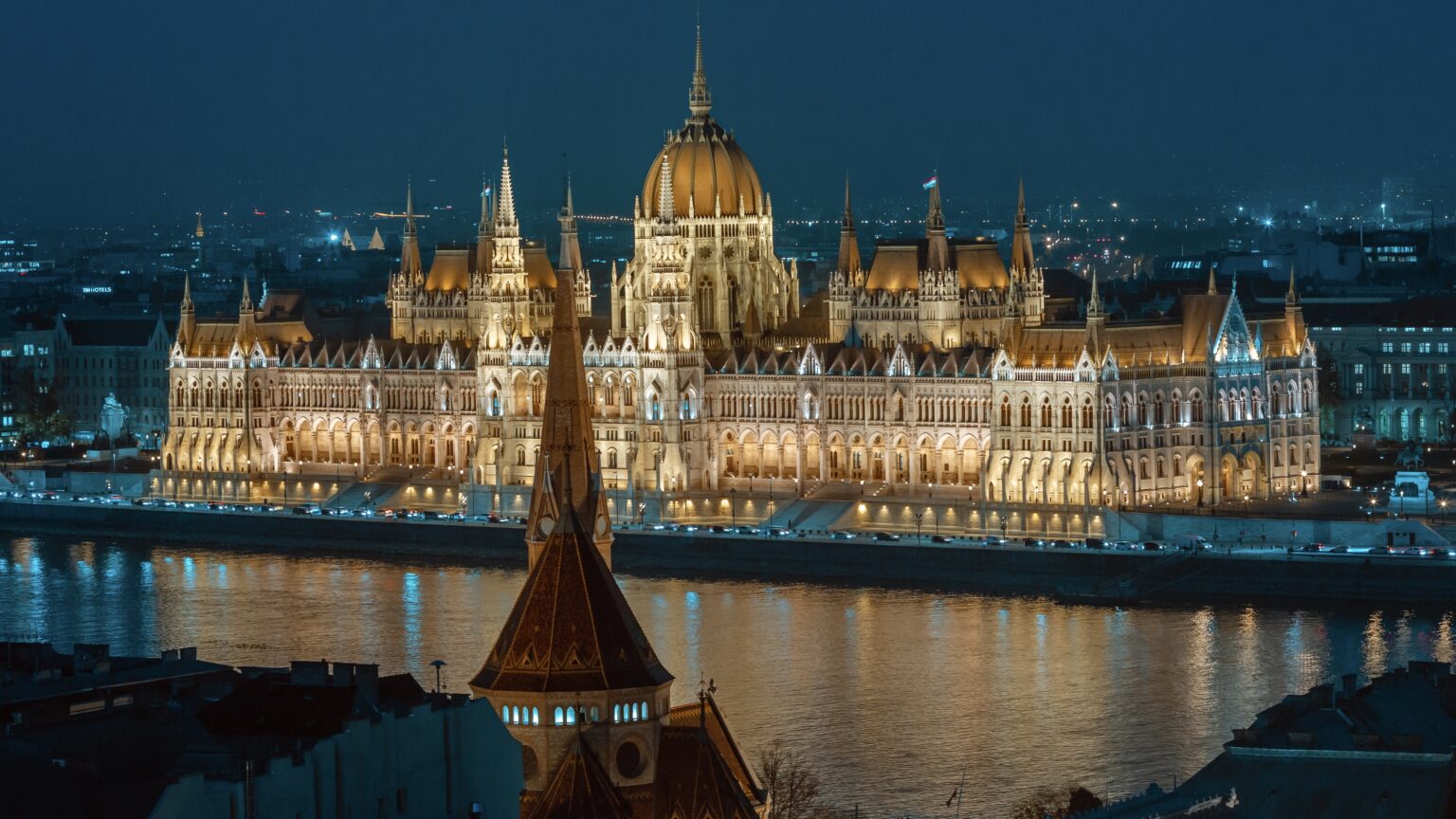
Hungary’s Parliament approved the 2026 state budget, prioritizing families, pensioners, and economic stability. The budget includes major tax cuts, expanded family support, and continues efforts to reduce national debt and the deficit.

‘As a historian, much of Karol Nawrocki’s career—especially as President of the Institute of National Remembrance—was dedicated to studying the crimes committed against Poles during World War II. During his campaign and since, President Nawrocki emphasized multiple times that Ukraine must make concessions with regards to its memory politics.’
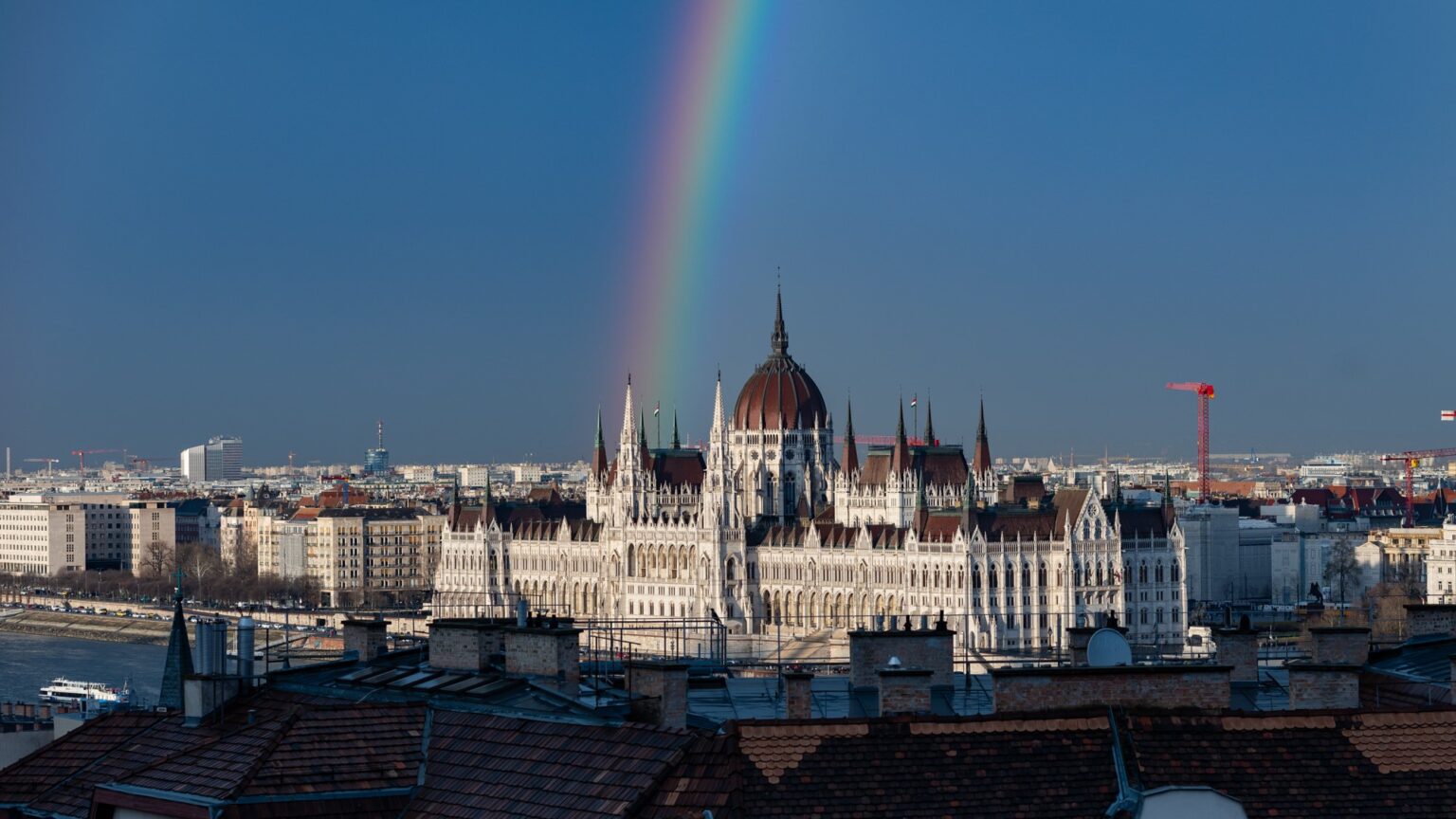
A Budapest court granted immediate legal protection to the capital’s municipality, halting the state treasury’s attempt to withdraw over 10 billion forints in solidarity contributions, citing the potential collapse of essential public services.

HungaroControl and the National University of Public Service have signed a strategic cooperation agreement to advance air traffic control technologies, enhance aviation safety, and modernize technical higher education in Hungary.
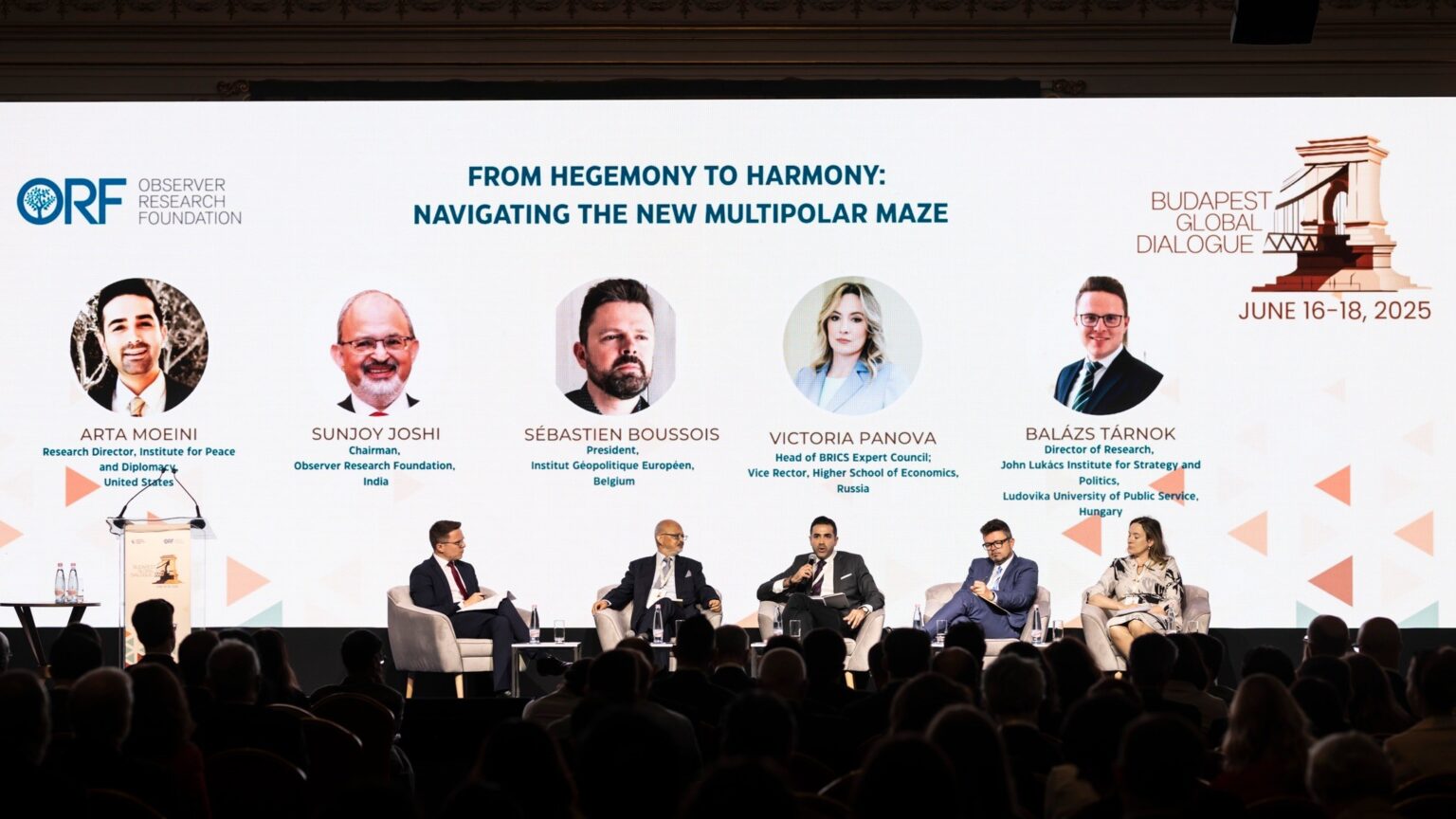
At Budapest Global Dialogue 2025, back-to-back panels tackled the unraveling of the post-WWII order, the rise of new power blocs like BRICS, and the global trade system’s future. Speakers warned: the world is not just shifting—it is splintering and reassembling.
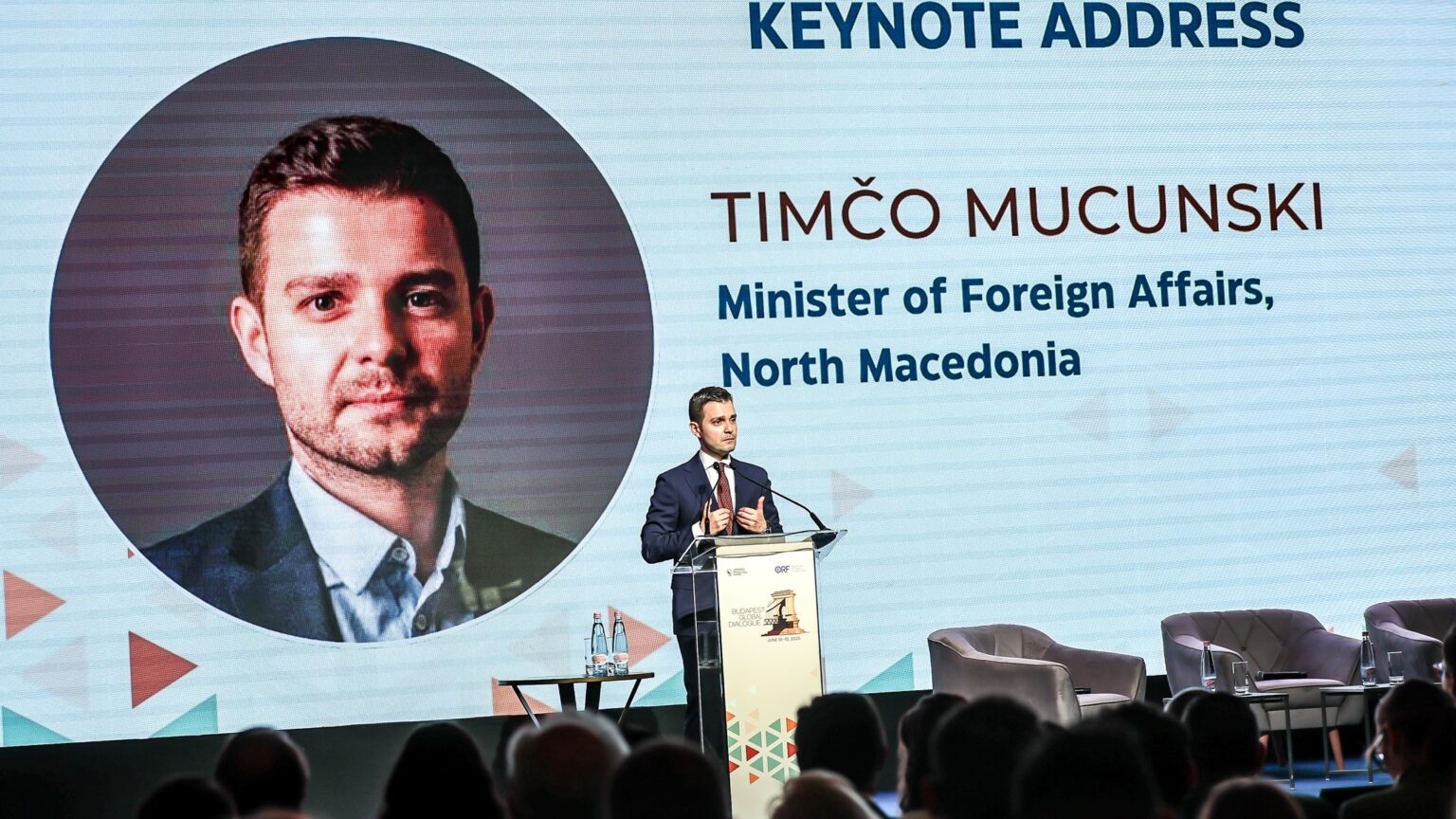
Speaking at the Budapest Global Dialogue 2025, North Macedonia’s Foreign Minister Timčo Mucunski urged the EU to show leadership, not inertia. He emphasized the urgency of enlargement, defended his nation’s identity, and called for a bold European vision.

Hungarian Conservative is a quarterly magazine on contemporary political, philosophical and cultural issues from a conservative perspective.